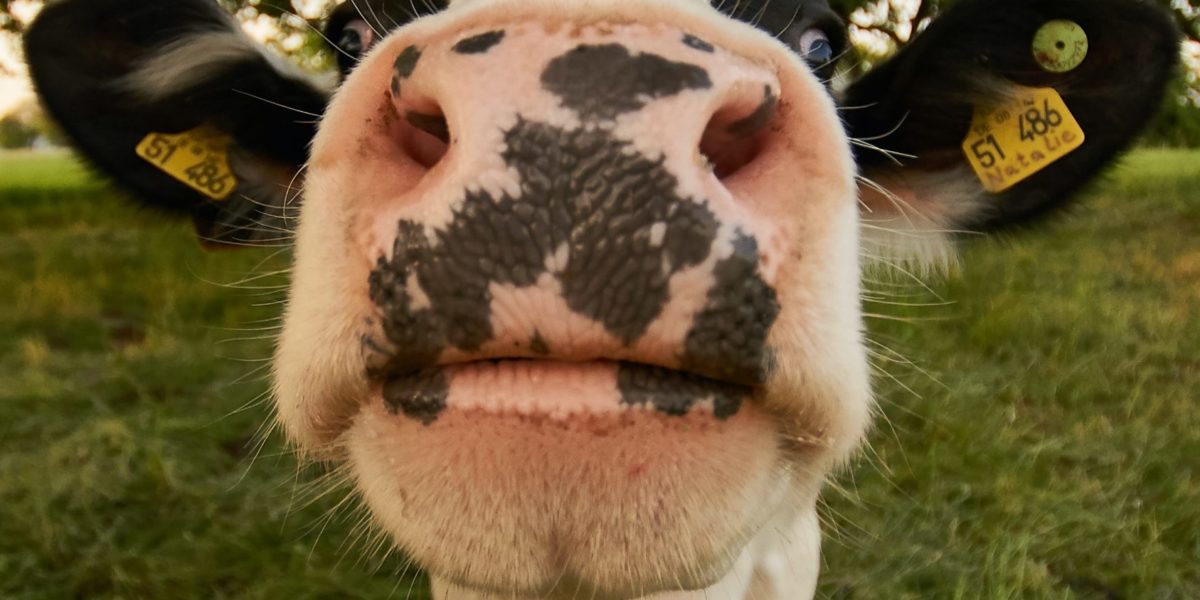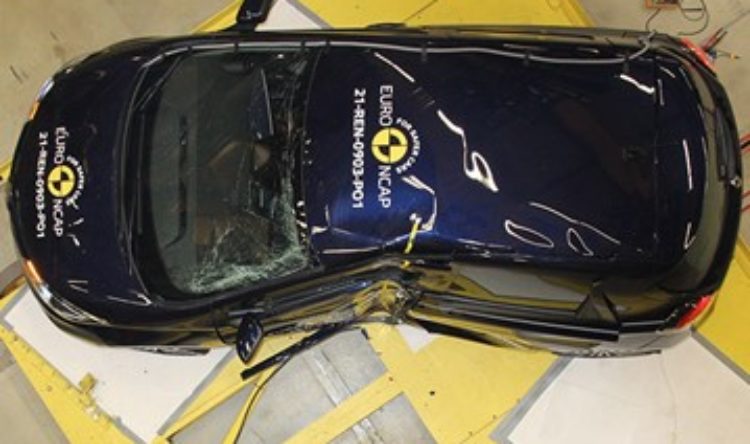Cars go vegan
Environmental concerns drive a new approach to car interiors
Published on January 11, 2022
Veganism has been taking the country by storm over the last few years.
Your bottle of milk is being replaced by cartons of soya milk, oat milk and any other non dairy derivative.
Young people have particularly embraced the change. While vegetarianism used to be the popular option, environmental and animal cruelty concerns have encouraged the pursuit of new food stuffs.
At the beginning of 2021, veganism hit headlines with a record-breaking half a million people signing up to Veganuary. This is a challenge run by the non-profit organisation of the same name that encourages people globally to try “going vegan” for the first month of the New Year. The numbers were double that of previous years, and it was clear that people were gaining an interest in being more eco-conscious.
Cuddly and free
Sustainability and the global environmental issues have continued to dominate society an global politics. So much so, that it is now one of the most prominent growing trends in the transport industry.
Consumers are not just concerned about petrol and diesel and going electric. They are becoming more aware of the positive impact vegan-friendly and sustainable materials have on the planet.
In response, many car makers are now incorporating man-made alternatives to vehicle production. Upholstery is the key focus here. Faux-leather steering wheels and trim made from natural fibres become a regular component in new vehicles. Press released like to headline recycled ingredients from old fishing nets and tyres, to bamboo and dandelions.
Accelerating trends
Of course, no car is 100% vegan, yet. According to Dominika Piasecka, a spokesperson for the Vegan Society: “The bottom line is that there’s no such thing as a 100% vegan car, unfortunately. The key with veganism is trying to do your best. It’s not possible to be 100% vegan in this imperfect world but we can avoid animal suffering as much as possible. Avoiding leather is a practical thing we can do while buying a car, while we can’t of course avoid tyres or steel.”
Car supplier Dick Lovett decided to take a look at which manufacturers offer the highest number of luxury vegan-friendly cars.
Top 25 Vegan-Friendly Car Manufacturers

Ford
In first place is Ford, who currently have a reported 28 car models with vegan-friendly details and more eco-friendly swaps upon request. The Ford Fiesta, one of the best-selling cars in the UK for years, and a popularity extending across Europe. It has a huge variety of interior choices, nearly all without leather seats. However, with the exception of the Style (Base Model), leather steering wheels are standard. These, though, can be replaced with a non-leather alternative upon request. The Ford Mustang Mach-E comes standard with all-vegan interiors, including a vegan steering wheel.
The Benz
Also making the Top 10 is Mercedes-Benz. A total of 13 models come with vegan-friendly attributes. The B-Class, A, CLA Coupé, CLA Shooting Brake and V-Class all come with a vegan interior as standard, whilst the Smart Fortwo is leather-free. Meanwhile, the AMG GLB 35 can be requested with a choice of either Mercedes’ Artico man-made leather or Dinamica, a man-made suede. When it comes to the A-Class, you can either specify fabric seats, or Artico, instead of the standard leather interior.
When it comes to the C-Class, E-Class, EQC, S-Class, and Mercedes-Maybach S-Class, vegan interiors are available upon request. You will need to make a special order for the wheels and trims to be vegan-friendly.
Best of British
Around the middle of the list, we have Land Rover. The range of vegan-friendly models includes the Range Rover Velar; referred to as the optimal vegan-friendly car for off-roading, incorporating Range Rover’s ‘Premium Textile’ fabric. This option includes an artificial suede steering wheel, artificial suede seats, and faux leather for the dashboard. The Range Rover Evoque gives potential buyers the option to swap out the cowhides including faux-suede steering wheels, and seat upholstery made of eucalyptus fibres.
A collaboration with the animal-free leather brand, Ultrafabrics, means completely vegan interiors are now available. They claim this generates just a quarter of the carbon dioxide emissions real leather does.
The Land Rover Discovery comes with vegan interiors as standard.
The Beemer
BMW currently supports five vegan-friendly models including the i3 and 3 Series. The 3 Series comes with BMW’s sensatec faux-leather upholstery. The i3, an electric car, is made from carbon fibre; a material that is 95% recyclable. Meanwhile, the dashboard has segments of wood taken from trees grown throughout monsoon season. These have a smaller impact on the environment. Other interior options include a cloth upholstery alternative.
The BMW iX, i4 and iX3 are all available with an interior made up of vegan-friendly alternatives, including ‘vegan leather’.
Tesla leading the charge
You cant talk about luxury vegan-friendly car options without mentioning Tesla. All-electric, the manufacturer currently supports three cars with ecologically-friendly attributes. The X and S both have leather-free seats, and the 3 comes with synthetic materials used throughout its cabin .
Going large
MINI also utilises many man-made materials. These include cloth seats and faux leather on both the gearstick and handbrake. MINI has pledged that all designs moving forward would be made more sustainably.
If they can
The Porsche Taycan is a luxurious electric car, and the customer has whatever they choose. Porsche’s Race-Tex microfibre, which is similar to a semisynthetic suede, not to mention floor coverings manufactured from recycled fishing nets.
Read the full Dick Lovett article here.






